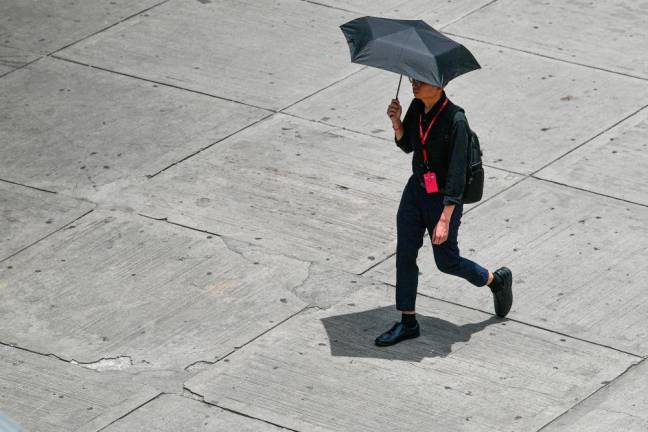PETALING JAYA: Friendship has always been among the rewarding aspect of one’s life. From the days when people made more reliable connections through face-to-face interactions, to the current era where sometimes faceless and nameless friends are made online.
With the growth of the internet, online friendships have become a norm, with many people who met online going on to form real friendships, and even getting married.
However, cybersecurity experts have cautioned that many scammers are exploiting social platforms as it allows them to hide behind fake names and profiles to scam innocent users, especially those who are lonely and wealthy.
LGMS Berhad chairman and cybersecurity expert, Fong Choong Fook, said online friendships can only be more reliable when netizens learn to discern someone’s intentions instead of blindly believing everything they see or read on the screen.
“We have evolved into a society where we trust people easily. In the past, we preferred to meet someone physically and then get to know the person better, but now everything is online, and we just take what someone says at face value.
“Online friendships can be dangerous when people place so much trust in someone they have never met.”
Fong said online scammers will typically spend months building friendships by having daily conversations with targeted victims to obtain their trust before scamming them.
He added that although social media platforms offer video calling options, it is not the best way to spot scammers as they will use video playback throughout their communications, which is a process of playing back video content on screens. This can be done through phones, tablets, monitors or any other type of video or computers.
By doing this, scammers can play a video during a call instead of showing their face and identity on the webcam. Eventually, the scammer will claim there is a problem with his webcam before turning it off.
“The Customs department scam is also quite common, where online ‘friends’ send something through parcels and claim that Customs officials have held back the item, so the victim needs to pay someone to retrieve the parcel.
“There are also other scams, such as the online friend’s family member suddenly becoming sick, and the scammer urgently needs money for medication.
“When it comes to situations where money is involved, one has to be careful, especially with friends whom you have not met physically. A safer way to establish contact is to have a face-to-face meet-up because scammers are very smart nowadays. They use video playback during the video call that are stagnant,” he claimed.
Meanwhile, Universiti Sains Malaysia Assoc Prof Dr Selvakumar Manickam, who is an expert in Artificial Intelligence and the director of its National Advanced IPv6 Centre, a centralised learning point for lecturers and students, said people should be wise in choosing their online friends since a poor choice of friends could cause monetary loss and potentially compromise safety too.
“In some cases, the scammer will try to lure the victim to meet at secluded places, leading to an attack or even rape. So, meet your online ‘friend’ in person and at a crowded place, for instance, a mall. If the person claims to be far away or in another country, then at least make a video call.”
He urged the public not to reveal personal information, such as house addresses and phone numbers to online friends without first ascertaining their intentions.
“One should be careful when someone contacts you out of the blue and wants to be friends. This could happen on social media platforms or messaging apps.
“As for lending money, if you want to, then only help those you have known for years. It does not make any sense to give money to someone that you have not met in person or known just for short while. This is how most people get scammed.”














